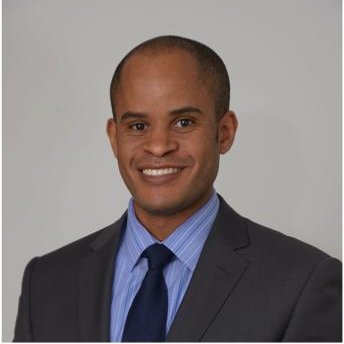Podcast: Play in new window | Download
Subscribe: Spotify | Email | TuneIn | RSS
Kenny Gibbs is a scientist who studies other scientists.
After earning his PhD in Immunology from Stanford, he turned his attention to the broader topic of scientific careers and how PhDs choose and evolve in their work. Through surveys and interviews with postdocs and research scientists, Dr. Gibbs explores issues like career-interest formation and postdoc development.
Wouldn’t you like to ask someone like that for advice on your graduate training?
Unlock your potential
You’re in luck! Dr. Gibbs recently did an interview with gradlogic.org where he revealed three keys to graduate school success. We take a deep dive on all three in this week’s podcast.
1. Remember that Ph.Ds. are beginnings not endings.
It’s so easy to enter a PhD program with blinders on: your entire focus turns to attaching three letters after your name. But that degree is not an endpoint, it’s just a beginning to a long and productive career. Dr. Gibbs knows that better than anyone, as he’s actively studying what happens to students after they graduate.
When the going gets tough and you can’t even imagine graduation day, Gibbs recommends that you take stock and remember why you came to grad school in the first place. What motivated you to apply all those years ago?
Keeping the big picture front of mind helps avoid those desperate days when you just feel ‘stuck.’

2. Go to a school and work with an advisor where you can see yourself doing well as a person.
Have kids? Look for a program where you see people with kids succeeding. Love to snowboard? Find a school where that’s popular (and possible!) If you want to practice your faith, make sure you don’t land somewhere you’ll feel ostracized or worse.
In other words, you can find great research almost anywhere, but the broader interpersonal and cultural values of your workplace can really change your experience. Don’t ignore the subtle clues about how students and postdocs are feeling in their work – it can be an important indicator that people like you are either thriving, or slowly stifling.
3. Manuscripts (and theses) only get written when you write them.
It’s tempting to put off writing that dissertation chapter until the 11th hour of your 6th year, but the truth is, writing is a requirement for graduating (and succeeding.) Why not make it a habit?
We offer some tips to get you over the ’empty page paralysis’ that keeps so many from moving on.
Made from Real Heine
This week, we dig deep in the back of the fridge and split a bright green bottle of Heinekin. Long story short: the history is more interesting than the beer. Sorry Holland!

